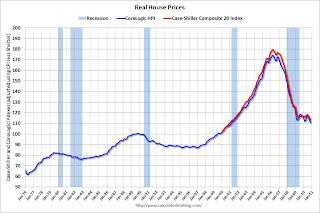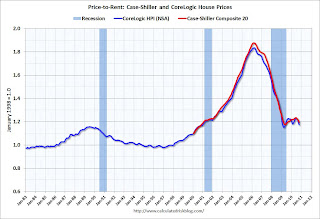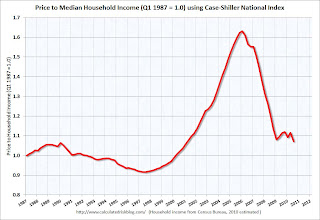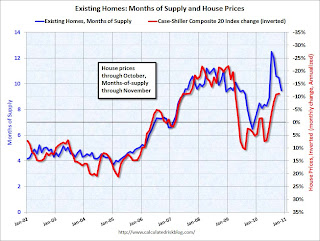Re: Mortgage Rates- Confounding the Sheeple
Well, I am actually in the process of buying a house at a low fixed interest rate, so for me this has ceased to be a hypothetical choice. Basically, I decided that since I can't rent the type of house I want to live in, and since I can buy such a house for a fixed payment that equals my current rent, and since that payment is affordable... it made sense to lock down a fixed housing cost under terms I can live with. However, I did not want to represent my choice as being optimal from a strict cost analysis sense. It seemed okay from a cost/risk/benefit sense.
For what it's worth, my working assumption is that wage inflation will not keep pace with cost inflation, at least in the US. When inflation hits here in earnest, it will likely be cost-push inflation, and labor lacks the pricing power to keep up. Reduced wage purchasing power in the US is the route by which American consumption will be brought in line with American productivity. Therefore, I'm not counting on having a larger income, even if my living costs inflate.
Originally posted by llanlad2
View Post
For what it's worth, my working assumption is that wage inflation will not keep pace with cost inflation, at least in the US. When inflation hits here in earnest, it will likely be cost-push inflation, and labor lacks the pricing power to keep up. Reduced wage purchasing power in the US is the route by which American consumption will be brought in line with American productivity. Therefore, I'm not counting on having a larger income, even if my living costs inflate.






Comment